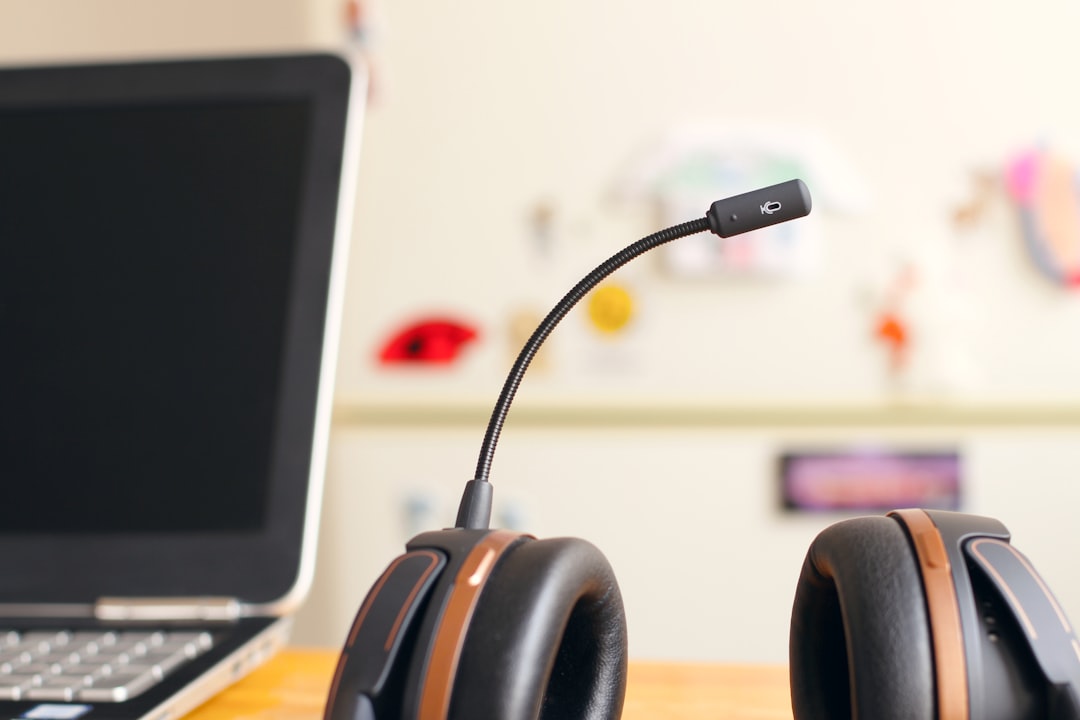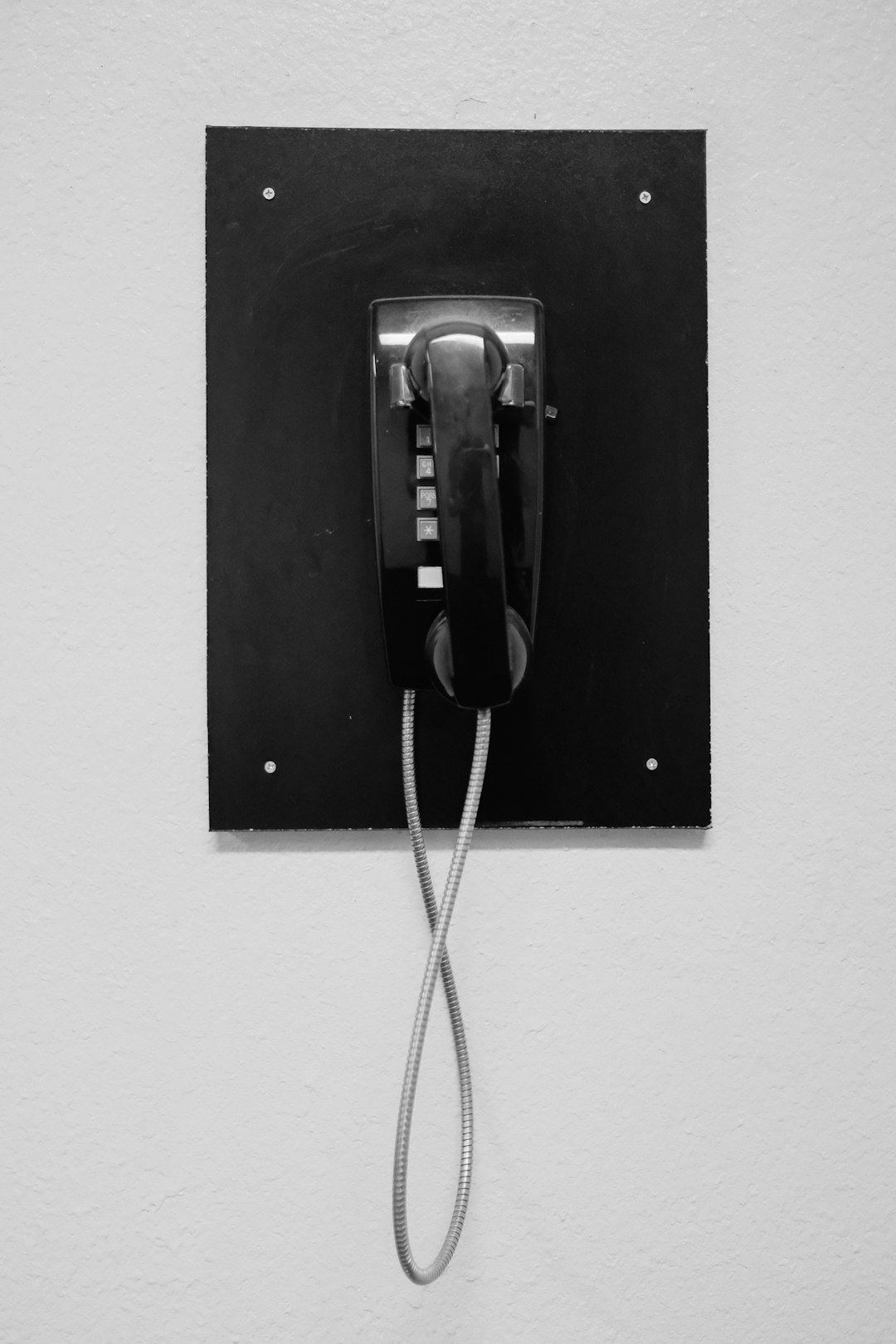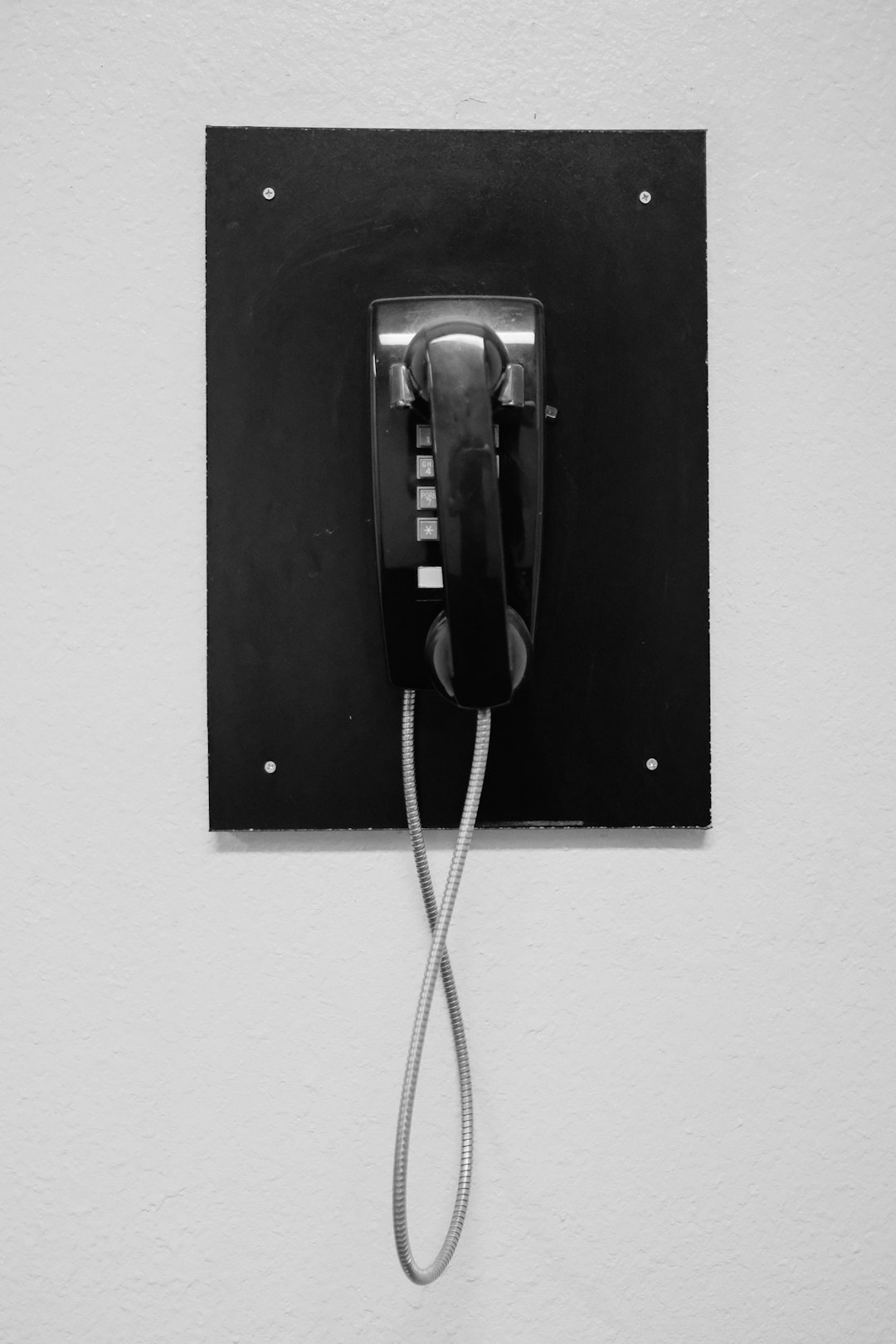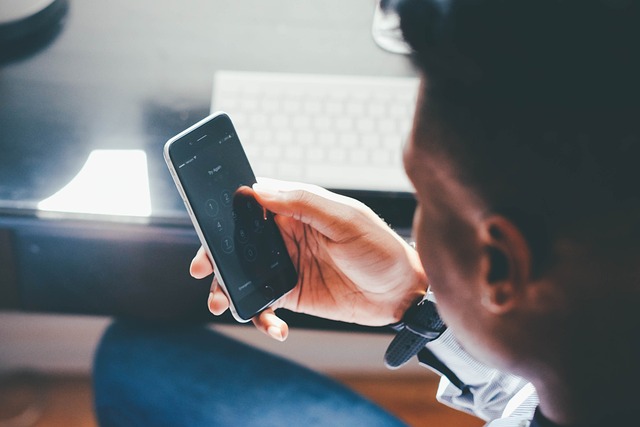Autodialer law firms in West Virginia face unique challenges during public health crises like pandemics, balancing privacy protections with telemarketing practices under the Telephone Consumer Protection Act (TCPA). They adapt strategies, leveraging technology for client reach while ensuring compliance through encryption, training, and explicit consent to maintain consumer trust and avoid legal issues.
In the midst of a pandemic, Charleston’s legal landscape evolved, presenting unique challenges for autodialer compliance. This article guides law firms in navigating complex regulations surrounding autodialers in West Virginia while adapting to the dynamic environment. We explore strategies tailored to Charleston’s context, focusing on data privacy, consumer protection, and leveraging technology solutions. By understanding the local legal framework and implementing effective marketing adjustments, your autodialer practices can remain compliant and successful during these unprecedented times.
Understanding Autodialer Regulations in West Virginia

In West Virginia, the use of autodialers for telemarketing or marketing purposes is regulated by state laws and industry guidelines. Compliance with these regulations is essential, especially during times like a pandemic when consumer protections are heightened. The primary law governing autodialer usage in West Virginia is the Telephone Consumer Protection Act (TCPA), which restricts the timing and manner of automated calls.
For an autodialer law firm in West Virginia, understanding these regulations is crucial to ensure compliance. This includes obtaining proper consent for automated calls, providing a way for recipients to opt-out, and adhering to restrictions on the number of calls made within a certain period. During the pandemic, these rules remain in effect, ensuring that businesses respect consumers’ privacy while maintaining legitimate marketing practices.
Charleston's Legal Landscape During the Pandemic

Charleston, like many cities across the country, faced unique challenges during the pandemic, especially in navigating legal requirements for businesses. In light of this, the city’s legal landscape evolved to accommodate public health measures and economic adaptations. The autodialer law firm West Virginia saw an increased demand for guidance on compliance during this turbulent period.
With business operations shifting to remote work, many companies turned to automated phone systems for customer outreach. However, this presented complexities in adhering to privacy laws and consumer protection regulations. Charleston’s legal community responded by offering tailored advice to help businesses navigate these challenges, ensuring they remained compliant with the changing autodialer regulations while operating within the confines of pandemic-related restrictions.
Adapting Your Law Firm's Marketing Strategies

During a pandemic, the legal landscape shifts dramatically, requiring adaptable marketing strategies for autodialer law firms in West Virginia. As face-to-face interactions become limited, many law firms are turning to technology, like autodialers, to maintain client reach and engagement. This shift necessitates a nuanced approach to ensure compliance with regulations around telemarketing practices, especially as consumer behavior changes.
To effectively navigate these challenges, West Virginia’s autodialer law firms must update their marketing plans. This could involve diversifying communication channels beyond phone calls to include email and social media campaigns that adhere to specific guidelines for each platform. Regular training on compliance rules is crucial for staff using autodialers to avoid any legal pitfalls. By embracing innovation while adhering to regulations, these law firms can successfully navigate the current climate, ensuring their marketing efforts remain effective and ethical.
Ensuring Data Privacy and Consumer Protection

In the midst of a pandemic, maintaining data privacy and consumer protection is paramount, especially for law firms utilizing autodialers in Charleston, West Virginia. With remote work becoming the norm, firms must ensure their automated phone systems comply with relevant regulations, such as the Telephone Consumer Protection Act (TCPA). This act strictly governs the use of automated dialing technology, including autodialers, to prevent unwanted calls and protect consumers’ personal information.
Firms should implement robust measures to safeguard client data, like encrypting communication channels, securing servers, and training staff on privacy best practices. Additionally, obtaining explicit consent from clients before initiating automated calls is crucial. By adhering to these guidelines, law firms in West Virginia can navigate the challenges of autodialer compliance while prioritizing consumer protection during these unprecedented times.
Navigating Changes with Technology Solutions

During a pandemic, navigating business as usual can feel like trying to sail uncharted waters. This is especially true for law firms relying on autodialer technology in West Virginia, where compliance with the Telephone Consumer Protection Act (TCPA) has never been more critical. While regulations may seem complex and ever-changing, embracing innovative technology solutions offers a lifeline. Firms can leverage advanced autodialer systems that automate compliance checks, ensuring calls are made in accordance with current TCPA guidelines, including Do Not Call registry updates and consent management.
By integrating these tech-driven strategies, law firms in Charleston can streamline their outreach efforts while minimizing the risk of costly violations. Automated systems not only save time and resources but also enhance client relationships by providing a more personalized experience. Staying ahead of the curve with technology solutions allows firms to adapt quickly to shifting legal landscapes, ensuring they remain competitive and effective in reaching their target audiences during these unprecedented times.






